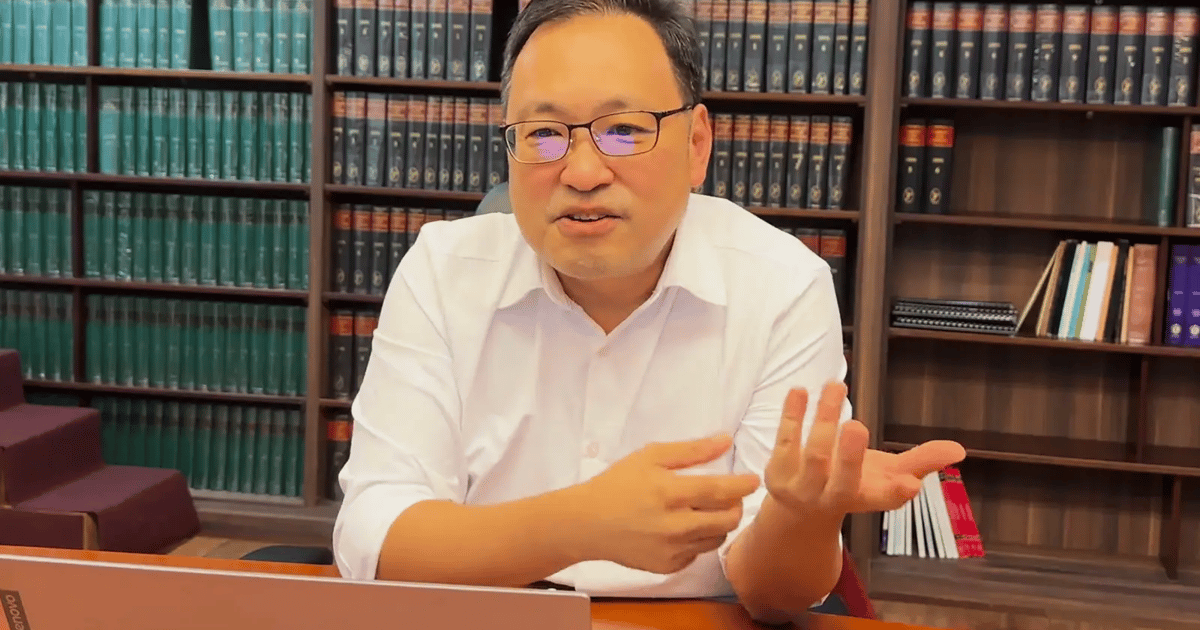
The integrity of the justice system hinges on judges delivering their judgments promptly after hearing submissions in criminal and civil trials, a lawyer said.
A Srimurugan said swift rulings tend to be of a higher quality, as the facts of the case would still be fresh in a judge’s mind.
That may in turn dissuade an aggrieved party from bringing an appeal, as the judgment would likely be sound in law and fact.
“On the other hand, the wheels of justice would come to a standstill if written judgments required in criminal and civil appeals are not made available according to schedule,” the lawyer said.
Srimurugan said in line with a longstanding court practice direction currently in force, many judges tend to provide their written grounds within eight weeks of an appeal, if not later.
He called for the practice direction to be reviewed.
The lawyer was commenting after DAP’s Chong Chieng Jen lamented that his defamation appeal against the Sarawak government had to be postponed last week following the trial judge’s failure to deliver a written judgment — despite the trial having concluded three years ago.
The Court of Appeal has now directed the High Court judge to make the grounds of judgment available within a month.
Chong, the Stampin MP, said his lawyers had written five times to the court to secure the grounds, but to no avail.
In August 2022, the judge, then a judicial commissioner, awarded the state government and the Sarawak Financial Authority RM150,000 in damages after ruling that Chong had defamed both entities.
The suit was filed in 2013 over Chong’s claim that RM11 billion in state funds had “disappeared into a black hole”.
Srimurugan said that under Rule 18(7B) of the Court of Appeal Rules 1994, an aggrieved party could seek leave of the court to proceed with the appeal by relying on the notes of evidence.
Lawyer Ranjan N Chandran, however, said it would be better to hear the appeal with the written grounds available.
“The notes of proceedings are limited as they record what was said in court (by witnesses at trial).
“It is the written judgment that explains the trial judge’s thought process and findings on their credibility and the applicability of important aspects of defamation law including publication, malice and damage to reputation,” he added.
Ranjan said an appellate court would only be able to assess whether there was an appealable error if a thorough written judgment was available.
He said any delay in obtaining judgments for appeal could cause procedural unfairness, disrupt appeal deadlines and give rise to a backlog of cases.
Lawyer Syed Iskandar Syed Jaafar said it was vital for trial judges to provide their grounds expeditiously for serious criminal offences, especially those which carry the death penalty or long jail terms.
“There will be a miscarriage of justice as appeals cannot be heard without knowing on what grounds the accused was convicted,” he said, adding that a fair trial includes providing prompt judgments.
“Writing quality judgments and providing them at a reasonable pace is a hallmark of a competent judge,” he said.
Syed Iskandar called for all judicial administrators to take steps to ensure there is no inordinate delay among the trial and appellate judges in providing their written grounds.






